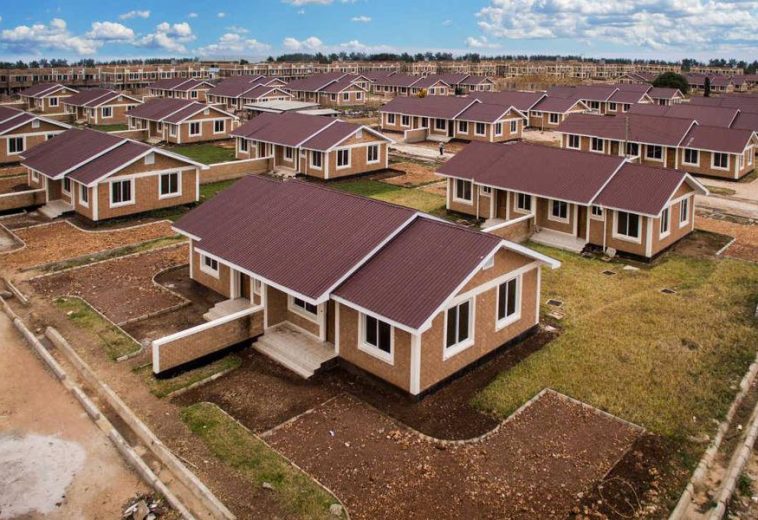Non-Governmental Organisations and Civil Society Organizations play a crucial role in African development. These organizations employ innovative and grassroots-driven strategies to meet the needs of marginalized populations and fill gaps left by state failures in many developing countries.
Despite often being overshadowed by governmental and private sector initiatives, NGOs and CSOs make multifaceted and profound contributions to Africa’s socio-economic progress. They advocate for human rights, gender equality, and environmental sustainability, influencing policy decisions at local, national, and regional levels. NGOs are contributors to the redistribution and transformation of necessary longer-term solutions that tackle the causes of socio-economic problems
Some of the functions and roles of NGOs and CSOs play in Africa are as follows:
Advocacy and Policy Influence: NGOs and CSOs in Africa have served as advocates for critical policy reforms and implementation across the continent. These organisations mediate the sufferings of the people; at local, national, and regional levels to those at the corridors of power. They advocate for human rights, gender equality, and environmental sustainability. They influence policy decisions that shape intra-African trade, governance, and development strategies.
Community Development and Empowerment: These organizations bring about initiatives that directly impact communities across Africa on the grassroot level. From healthcare and education to agriculture and infrastructure development, NGOs and CSOs assist local populations in improving living conditions. NGOs and CSOs through training programs, workshops, and skill development initiatives offer capacity building and enhance the capabilities of people, community leaders, and institutions at the grassroot. The Centre of Economic and Leadership Development (CELD) and its Skills Acquisition Trainings initiative in Rivers State, Nigeria, is one of many empowerment initiatives carried out by these organisations.
Promotion of Peace and Conflict Resolution: NGOs and CSOs have been very crucial in promoting peace and humanitarian aid in regions affected by conflict and instability. They have helped facilitate peacebuilding and reconciliation efforts in war and security-sensitive regions facilitating dialogue among conflicting parties, promoting tolerance, and supporting initiatives for post-conflict reconstruction.
Accountability and Transparency: NGOs and CSOs have acted as watchdogs, monitoring government policy formulation, and actions, holding authorities accountable for flouting their commitments to development goals and human rights. They promote transparency, good governance, and the rule of law, for the benefit of African communities.
Collaboration and Networking Across Border: NGOS and CSOs bring about cross-border cooperation among African countries. This is actualized by creating regional networks and partnerships with institutions, governmental bodies and individuals aimed at bolstering regional integration. The CELD annual South America – Africa – Middle East – Asia Women Summit (SAMEAWS) is one of these networks that brings together key stakeholders to demonstrate the role of women to the future of global economics.
Innovation and Technology Advancement: Through their partnerships and networks, NGOs and CSOs leverage innovation and technological advancements in a bid to address the challenges in Africa. Digital technology and climate-friendly innovations in areas like; agriculture, healthcare, education, and environmental conservation bring about sustainable development across the African continent.
NGOs and CSOs are pivotal players in the development of African and have been very influential in attaining the heights that the continent has achieved so far. Through their contributions, people at the grassroot have been given opportunities at better lives. Their efforts have complimented the efforts of governments and bridged the gaps in the service delivery and policy implementation across Africa. Their position in the growth of Africa remains pivotal in fostering inclusive growth, resilience, and prosperity across the continent


